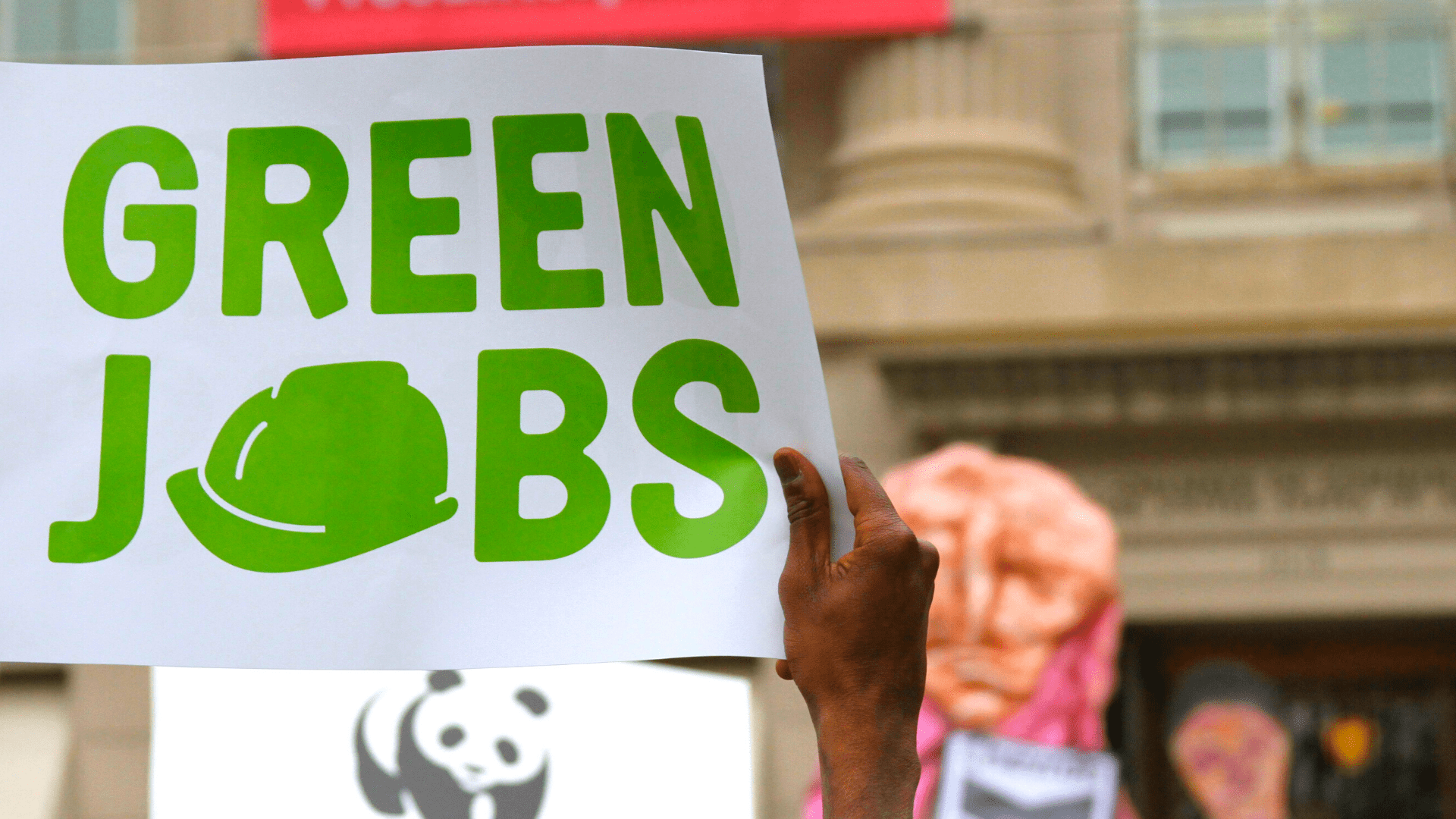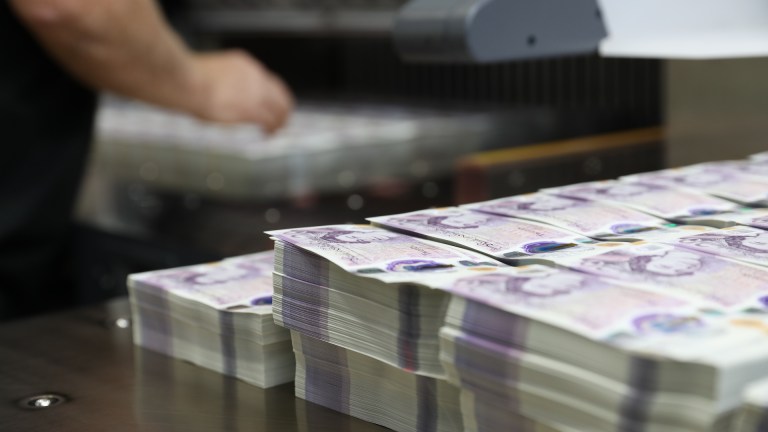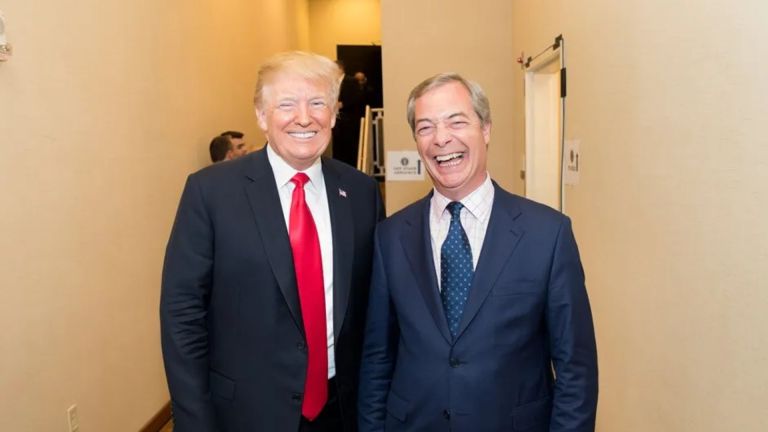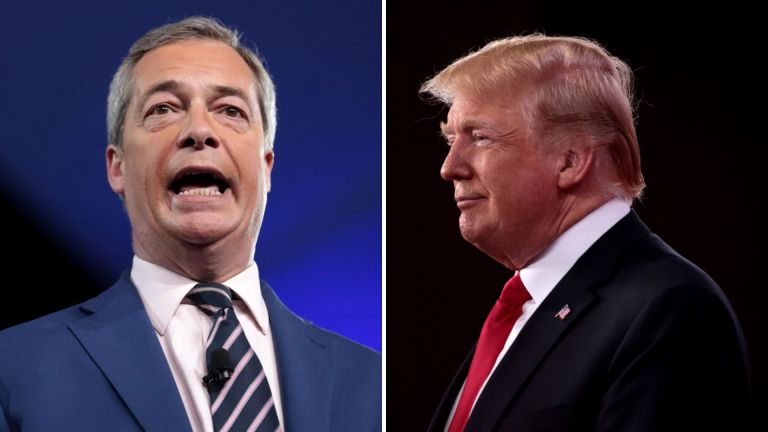“It is not enough to have some general desire to grow the economy, we need a real commitment to green growth,” Sunak said.
But the Labour Party joined campaigners in expressing concern over other measures in the budget, including another fuel duty freeze and plans to build a new deep coal mine in Cumbria, while saying the green pledges didn’t go far enough.
“This budget should have included a major green stimulus,” said Labour Party leader Sir Keir Starmer, responding to the Budget in the House of Commons.
“Instead, the Government is trying to build a new coal mine, which we now learn may not even work for British Steel.
“If anything sums up this Government’s commitment to a green future it is building a coal mine we can’t even use.”
Sunak said the Government would also encourage the city of London to invest in green finance to help offset carbon emissions. He added the monetary policy remit for the Bank of England would be updated to reflect the importance of environmental sustainability and transition to net zero.
And he announced eight new locations for freeports to encourage trade, which he said would “replace industries of the past with green, innovative and fast-growing businesses”.
But these pledges weren’t enough to satisfy campaigners who had demanded urgent action to avoid environmental breakdown.
The Green Party said it was “deeply disappointed” by the “lost opportunity to put climate action at the heart of budget”.
While giving a cautious welcome to the UK Investment Bank and green savings bonds, the party’s only MP Caroline Lucas accused Sunak of failing to show leadership on the climate crisis.
“Four times Sunak said he was being honest with people. What would have been honest is acknowledging and addressing climate and nature crises,” Lucas said on Twitter.
“This isn’t leadership. We urgently needed a genuinely green budget, for jobs, economy, climate and the UK’s reputation as COP26 hosts.”
Lucas also accused Sunak of giving freeports the “greenwash treatment”, adding: “There’s nothing free or green about freeports, nor the model of global trade that underpins them, which the UK is pursuing in outright contradiction to our climate and nature goals.”
Rebecca Newsom, head of politics at Greenpeace UK, added: “For all the talk of a green recovery, this budget suggests the chancellor has failed to clock the urgency of the climate emergency.
“A National Infrastructure Bank and Green Bonds could be steps forward, but without a guarantee they will provide sustained investment to decarbonise buildings, transport and industry, they are unlikely to do much to advance climate action.”
Extinction Rebellion, the climate activists who have become known for their controversial demonstrations, said the budget showed the UK’s environment strategy wasn’t working and it was time for ministers to “ask for help”.
“Today’s budget announcement shows that below the surface of vague commitments to ‘low-carbon investment’ the UK Government is continuing on the current course we have been warned is so dangerous,” the group said.
“There is no longer any argument that urgent and transformative action is needed on the climate and ecological crisis, and yet it is clearly still not happening.”
The UK was the first country in the world to enshrine its net-zero carbon emissions target in law in June 2019.
Boris Johnson has promised “urgent” action on the climate crisis as the UK gears up to host November’s landmark COP26 environmental summit which will see world leaders meet to “agree coordinated action to tackle climate change”.
The Government is attempting to “build back greener” as the economic fallout from Covid-19 continues. New figures released by the Office for National Statistics (ONS) show GDP shrank 9.9 per cent last year, the largest decline in modern history, with 2.6 million people expected to be unemployed in the UK this year.
In November, ministers announced plans for a £12 billion “green industrial revolution” which ministers claim would create 250,000 green jobs in industries including clean energy, transport, nature and innovative technologies.
But no mention of this was made during the budget, or the troubled Green Homes Grant – the flagship scheme to make UK buildings more energy-efficient which was introduced in July 2020 and backed by £3 billion of Government funding.
Newsom described the handling of the Green Homes Grant, which reports have suggested could be scrapped due to low take-up, as “shambolic” and suggested it could weaken the UK’s authority on the world stage ahead of COP26. Lucas also said it was “shameful” the programme hadn’t been mentioned.
Campaigners also expressed disappointment at the news the Government will freeze fuel duty for a record eleventh year.
Sunak said the freeze, which will keep petrol prices lower at the cost of around £9 billion per year, was in place because he was “not prepared” to increase the cost of living during the pandemic.
Josh Burke, senior policy fellow at the Grantham Research Institute on Climate Change and the Environment, told The Big Issue it could stop people using less polluting forms of travel.
“Fuel duty is not only an important source of revenue at a time of when public debt is rising, but it is also important to nudge consumers towards less polluting transport options,” Burke said.
“This is critical as transport is a major source of local air pollution, which is harmful to human health. However, with the switch to electric vehicles and the looming fiscal challenge that this poses it is inevitable that alternatives to fuel duty – such as road pricing – will be needed.”









